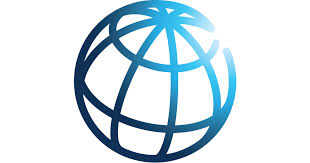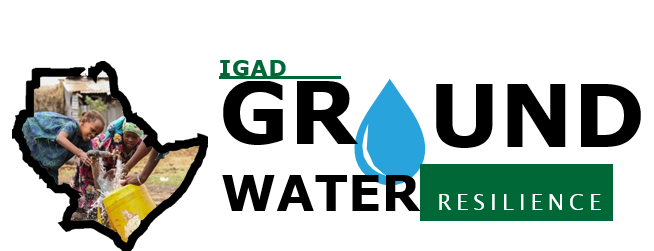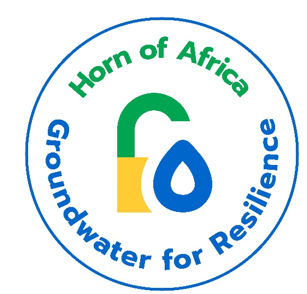Overview
The 3rd regional learning event focused on "Strengthening Project Impact: Regional Collaboration, Contract Management, and Environmental Considerations". The workshop gathered over 100 delegates to address pressing challenges and opportunities in groundwater management for climate resilience.
Enhanced Collaboration
Strengthened commitment to cooperation for transboundary groundwater management
Strategic Planning
Concrete next steps for implementing transboundary GW4R activities
Capacity Building
Knowledge exchange and training for sustainable groundwater management







